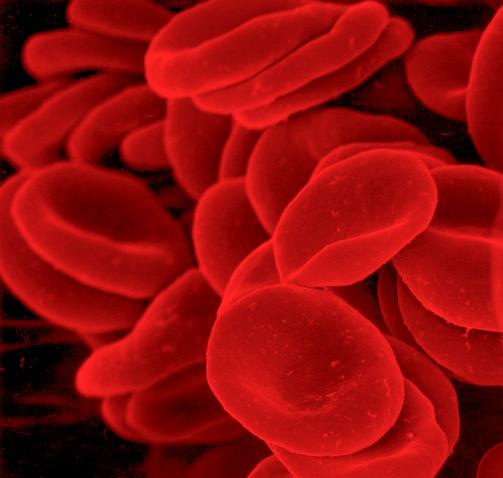Starter quiz
 DNA is an organism's ______ material.
DNA is an organism's ______ material.- 'genetic' ✓
- How is DNA stored in plant and animal cells?
- in chromosomes ✓
- free-floating in the cytoplasm
- in plasmids
-
- Which of these organisms are multicellular?
- ant ✓
- oak tree ✓
- yeast
- bacteria
- cress plant ✓
-
 Put these in order of size starting with the smallest.
Put these in order of size starting with the smallest.- 1⇔DNA
- 2⇔cell
- 3⇔tissue
- 4⇔organ
- 5⇔organ system
- What is the process by which cells divide to produce identical cells?
- transcription
- meiosis
- differentiation
- mitosis ✓
- transpiration
-
- What is a gene?
- A short section of DNA that carries proteins.
- A short section of DNA that carries the genetic code. ✓
- A short section of DNA that carries amino acids.
-
Exit quiz
 True or false? Most cells are adapted to their function.
True or false? Most cells are adapted to their function.- True ✓
- False
- What is the name of the process by which unspecialised cells become specialised?
- meiosis
- differentiation ✓
- mitosis
-
- Match the cell to its specialised feature.
- egg cell⇔Stores nutrients for cell growth. ✓
- sperm cell⇔Lots of mitochondria to provide energy for movement. ✓
- muscle cell⇔Lots of mitochondria to provide energy for contraction. ✓
- intestinal cell⇔Folded membrane to increase surface area for absorption. ✓
- phloem cell⇔Gaps in the cell wall to allow sugars to be transported. ✓
- leaf epidermal cell⇔Waxy layer for protection. ✓
 True or false? If a protein is not needed by a cell then the gene that codes for it can be turned off.
True or false? If a protein is not needed by a cell then the gene that codes for it can be turned off.- True ✓
- False
- How do multicellular organisms grow and develop?
- mitosis ✓
- differentiation ✓
- transcription
- meiosis
-
- Put the level of organisation in the correct order starting with the smallest.
- 1⇔specialised cell
- 2⇔tissue
- 3⇔organ
- 4⇔organ system
- 5⇔organism
Worksheet
Presentation
Video
Lesson Details
Key learning points
- Most cells in multicellular organisms are specialised – they have structures that are adapted for the jobs the cells.
- Multicellular organisms grow (make new cells by mitosis) and develop (make specialised cells to form tissues/organs).
- Unspecialised cells become specialised through a process called differentiation.
- During differentiation, particular genes in the cell’s genome are switched off or on.
- Specialised cells only use particular genes, so only make the proteins needed for the job they are adapted to do.
Common misconception
Only animals are multicellular; that specialised cells are individual; all DNA in a cell is the same so will produce the same proteins.
Examples of multicellular plants, with specialised cells, tissues and organs provided; show images of cells as tissues rather than just individual. All cells have the same DNA, but it is whether the genes are turned on that makes them specialise.
Keywords
Multicellular - Animal, plants and fungi made of more than one cell.
Specialised cell - Cells with adaptations to carry out a particular function in a multicellular organism.
Unspecialised cell - Cell with no specific function, but has the capability to turn into different types of cells.
Differentiation - The process of an unspecialised cell becoming a specialised one through the mechanism of turning genes on and off.
Gene - A short section of DNA that carries the genetic code to produce a protein.